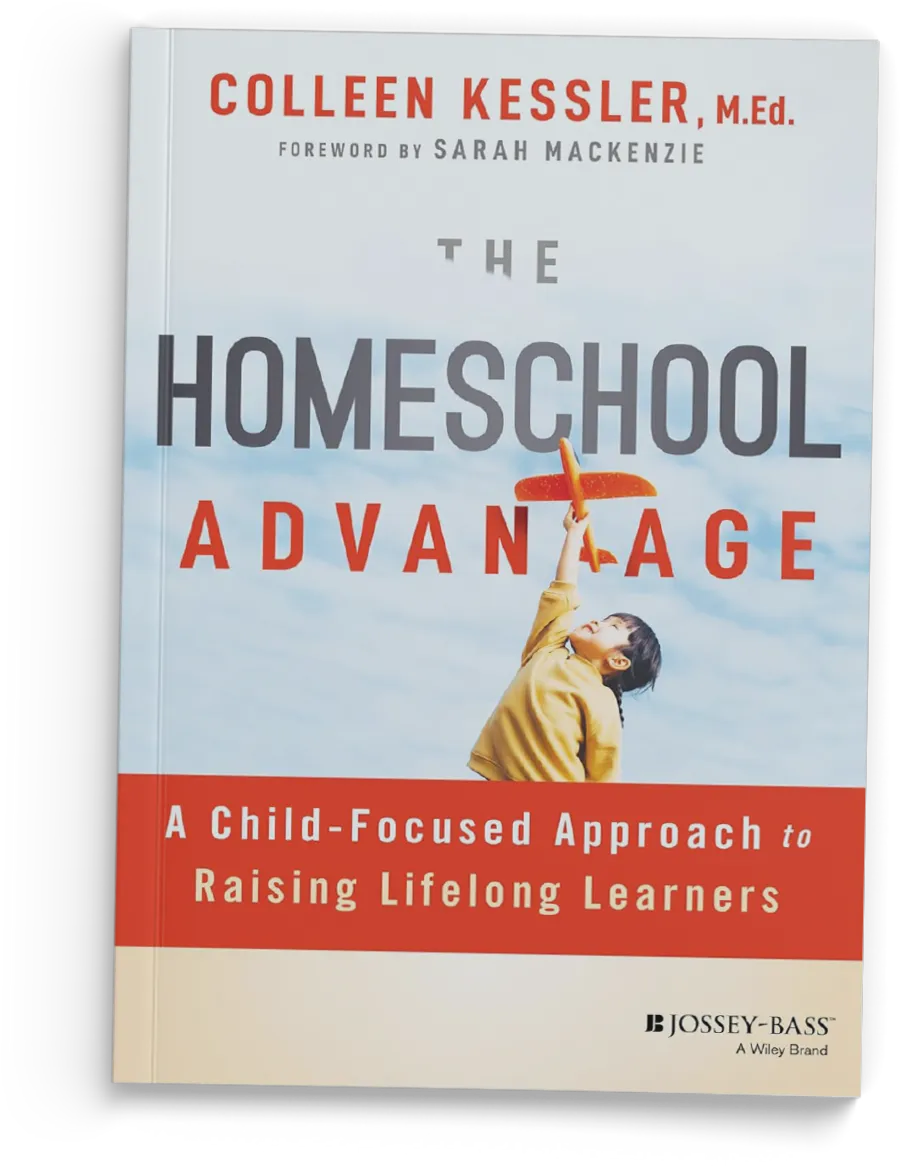
Colleen Kessler, M.Ed.
Colleen Kessler, M.Ed.




Published by John Wiley & Sons, Inc., Hoboken, New Jersey.
ames and his dad shared a passion for gardening, turning it into a cherished hobby. Their journey began with late-night YouTube sessions, where they’d watch garden shows, learning the ropes of gardening from online experts. As their interest grew, they decided to delve into the world of potato cultivation, sparking a year-long project. Surprisingly, they managed to turn this into a high school botany credit without following any specific curriculum. Instead, they faithfully watched 40-minute YouTube gardening shows, absorbing knowledge about plant identification, soil types, and climate variations across the United States. Living in Florida, they ventured to garden shops to gather supplies and experimented with seed planting, nurturing and propagating various plants.
This hobby soon transformed into a passion, offering James a unique approach to scientific learning. It took him outdoors, digging holes, setting up irrigation systems, and solving problems as they arose. His enthusiasm persisted, with him even drafting a list of vegetables to grow in the upcoming year. Beyond the garden, James assumed responsibility for yard maintenance, dealing with tasks like weeding and grass care. He began to contemplate the possibility of turning this skill into a side job. Their family also incorporated gardening into their travels, making it a point to visit botanical gardens nationwide. James’s deep interest and knowledge allowed him to identify plants and trees with ease, showcasing the depth of his passion.
Reflecting on their journey, James’s mom acknowledged the importance of nurturing his deep interests. Gifted kiddos like James crave in-depth knowledge, a concept she initially struggled to grasp. Yet, witnessing James’s immersive exploration gardening provided her with valuable insights. Allowing kids to become experts in their chosen fields, especially if they can do it alongside family, bolsters their confidence and fosters mutual learning. This dynamic relationship between parents and children isn’t about exerting authority; it’s a shared journey of discovery.
In James’s case, his shared gardening pursuit with his dad not only strengthened their bond but also introduced an element of friendly competition. They enjoyed trips to Home Depot and garden shops together and had lively debates about plant identification. Their yearly visit to Epcot’s garden festival added an extra layer of excitement, as they used a plant identification app to test each other’s knowledge. When kids take the initiative to learn on their own, it benefits not only their personal growth but also enriches the whole family.
She says, “Brain development works in a way that these connections keep getting formed and they overproduce themselves. It’s as though the brain is getting ready for everything, and so every neuron tries to connect with every other neuron, producing a brain with more connections than it really needs. So, the process of the brain is to over-proliferate these connections then systematically prune the ones you don’t use, that you don’t need.” It’s our job as parents to help our kids as they go through that over-producing and pruning process.
I bet you’re thinking, like so many of the parents she works with have thought, But I don’t want my baby’s brain to prune. Right? But, we do. We do want our children’s brains to prune because, as Dr. Kuhl explains, “pruning in our kids’ brains, like for a rose bush, will strengthen all the remaining connections. As it’s pruned systematically, your child ends up with very strong stems, or strengths.” Through this natural born learning, our kids’ brains become custom-designed to function in the environment they make for themselves.
And you get to shape that environment while growing strong relationships within your entire family.
When homeschooling, it’s critical to be fully present with your children, spend quality time learning together, and create a space where they feel free to explore and express themselves. This will help to foster a strong parent-child relationship. The thing is, there are no guarantees in parenting, so you’ll likely fumble along the way. But, when you take the time to build the foundation for these relationships, you and your kids will bounce back more quickly every time.
- Listen Actively and Show Empathy: The foundation of a strong relationship with your child is active listening. Acknowledge your child’s feelings, demonstrate your understanding, and reassure them of your unwavering support. Strive to view the world from their perspective. Listening and empathizing not only solidify mutual respect but also strengthen your parent-child bond.
- Demonstrate Your Love: Touch and affection are fundamental for healthy emotional and neurobiological development across all stages of life. Nurturing your child’s emotional well-being requires a steady stream of gentle, loving gestures like hugs throughout the day. Every interaction should be viewed as an opportunity to foster connection. Begin by warmly greeting your child with eye contact, a sincere smile, and an invitation for open and honest communication.
- Express Your Love Verbally: Telling our kids we love them is vital. Make it a daily habit, regardless of your child’s age. Even when your child is having a difficult day and is behaving poorly, take time to reaffirm your unconditional love. It’s these times your kids need the most reassurance from you. A simple “I love you” holds the power to profoundly impact your long-term relationship with your child.
- Establish Boundaries: Children thrive with structure and guidance as they explore the world around them. Engage your children in open conversations about your expectations. Take time to set up family standards and consequences together. When my kids were younger, we decided that our family’s core value was kindness and everything stemmed from that. We let those values do the work for us, continually asking one another if what we were doing was kind, then problem-solving together. This fostered a sense of security and understanding, and made us a team.
- Eat Together: Family mealtimes are the perfect time for bonding and conversation with your child. Encourage everyone to stow away their phones and devices, focusing on the enjoyment of each other’s company. These moments also offer a platform to instill the significance of a wholesome, balanced diet, which has a direct impact on their mental well-being.
- Engage in Play Together: Play is the gateway to your child’s development. It serves as the canvas where they paint their language skills, express emotions, nurture creativity, and acquire vital social skills. It’s also a fun way to strengthen your relationship with your child. What you play matters less than the quality time and undivided attention you invest in each other.
- Be Present and Free from Distractions: Reserve at least ten-fifteen minutes daily for uninterrupted conversations with each of your kiddos. Create a distraction-free zone by turning off the phones. This simple act underscores your child’s importance in your life, demonstrating that they are a priority despite life’s many distractions and stressors.
- Create Family Rituals: If you have multiple children, try to spend individual, quality time with each of them. These one-on-one moments bolster your relationship with each, boost your children’s self-esteem, and convey their uniqueness and value. Consider scheduling special “date nights” with each child to create one-on-one opportunities, whether it’s a stroll in the neighborhood, a trip to the playground, or a cozy movie night at home. Celebrating each child individually fortifies your bond.
Trust yourself.


olleen Kessler believes that you are the absolute best teacher there is for your amazing child. The author of more than a dozen books, award-winning educator, educational consultant, and passionate advocate for the needs of differently-wired kids, Colleen has a B.S. in elementary education, an M.Ed. in gifted studies, and is the founder of the popular podcast and website Raising Lifelong Learners and The Learner’s Lab, a membership community for quirky and creative families. Her newest book, Raising Resilient Sons: A Boy Mom’s Guide to Building a Strong, Confident, and Emotionally Intelligent Family can be found anywhere books are sold. Colleen lives in Northeast Ohio with her reading specialist husband, four delightfully differently-wired kiddos, pug, border collie, and an ever-changing assortment of small animals and insects.


